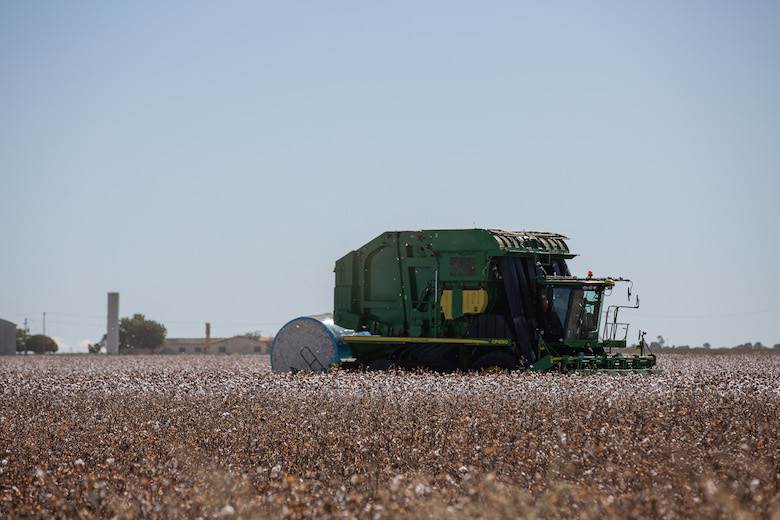Farms, mills, brands and industry bodies implicated in cotton report

Campaign group Earthsight has published a report in which it accuses large cotton producers of illegal deforestation in Brazil’s Cerrado region, of land-grabbing and of violence against communities there.
London-based Earthsight said it had worked on the report for a year analysing satellite images, court rulings, shipment records and other documents. From this, it has alleged that cotton grown in the western portion of the Brazilian state of Bahia by two of the country’s largest producers, SLC Agrícola and Grupo Horita, “is linked to a number of illegalities”.
Earthsight also alleged that Horita and SLC Agrícola are “emblematic of a broader reality of export-oriented agribusinesses inflicting harm on the Cerrado, its traditional communities and the climate”.
In its report the campaign group said that cotton from the land affected has come onto the global market with certification under the Responsible Brazilian Cotton (ABR) programme. This programme is run by Brazilian cotton producers’ association Abrapa and operates under a benchmarking agreement with global cotton sustainability initiative Better Cotton. “In effect, this means Better Cotton and Abrapa’s ABR are granted as a single certification to Brazilian cotton farmers,” Earthsight has said.
The text also makes it clear that SLC Agrícola and Grupo Horita will consider taking legal action against Earthsight if they believe its report is harmful to their reputations. Abrapa has told Earthsight that if the two Brazilian companies decide to take legal action, it will support the cotton producers.
Analysis from Earthsight has also concluded that many of the bales of cotton from the farms in question were shipped to mills in Asia. It named PT Kahatex in Indonesia and the Jamuna Group in Bangladesh as prominent examples. The first of these is a supplier to H&M, the second is a supplier to Inditex.
We will have reactions from Better Cotton and from both fashion groups in separate stories.
In its conclusions, Earthsight has called on the global apparel industry to “put pressure on” Better Cotton to improve its efforts in traceability and certification. It said Better Cotton must make sure crops produced on deforested land do not carry positive environmental certification and that audits and the award of certification are the work of independent actors.
It has also called on legislators in the European Union, the US, the UK and elsewhere to “ramp up their ambition” and put in place laws that will make it more difficult for harmful practices to continue and for organisations to benefit from those practices. It pointed out that, for example, new rules that will come into force in the EU at the end of this year under the EU Deforestation Regulation (EUDR) will have no effect on the examples of bad practice it has uncovered in this report.
The new rules seek to guarantee that products from a list of commodities coming into the EU have no links to deforestation. There are seven commodities on the list. Cotton is not one of them.
Image: The 2023 cotton harvest on a farm in Bahia, Brazil.
Credit: Earthsight/Thomas Bauer.











